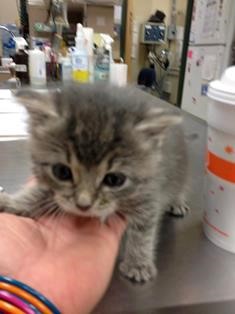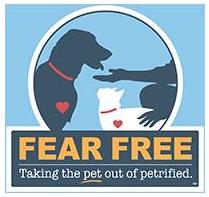
August 2014 – Rabies Alert
The Burlington County Health Department is concerned that some individuals may have been in contact with a rabid kitten. The kitten tested positive on July 25, 2014 and so far 13 people, three cats, and one dog have been exposed.
As pet health professionals, it’s our job to keep you informed and to encourage you to keep your pets vaccinated against Rabies at all times.
Many people don’t realize that in Hillsborough, Belle Mead and all of New Jersey there is a high prevalence of rabies. Keeping pets up to date on Rabies vaccines is not just the law – it’s a real pet parent responsibility and safety measure. Rabies vaccinations not only can save their pets lives but also keeps our kids and community safer.

Animals and people are constantly accidentally exposed. For example, we’ve had calls from concerned clients who have come home to find their pet playing with a dead bat that accidentally came into the house through a fan or chimney. Others discover their pet had an altercation with a wild animal such as a ground hog, skunk or raccoon and seek our advice.
The most common exposure we see in our practice is regarding cats who accidentally got out at night and/or came home with bite wounds that the owner had no idea about until days later. Most times when pets, especially cats, are bitten by other outside cats or wildlife, it is not obvious. The pet may not develop a fever, abscess, or any other symptoms for 5-10 days.
Points to remember:
Remember, even though your pet is current on its rabies vaccination, you and your children are not protected. If you suspect your pet was exposed to a rabid animal, do not touch your pet’s wound. Wear gloves to handle your pet and call your veterinarian.
In addition, even if a dog or cat who is Rabies vaccinated gets bitten or exposed by an animal, its Rabies vaccine must be boostered again unless it was just given in the last 30 days.
Any new kitten or new dog found anywhere, even if perfectly healthy looking, could be incubating rabies. There is a 10 day quarantine period where all pet parents should limit handling so no one gets accidentally scratched or bitten.

If a new pet accidentally scratches or bites someone in the first 10 days and then gets sick, lost or dies for any reason, its brain must be tested for Rabies or the exposed persons must get post-exposure Rabies vaccinations, which isn’t fun. Animals usually develop signs of rabies within 10 days but people may not show signs for weeks, months and even one year. It is just about 100% fatal in people if not treated before symptoms.
Recommended Reading:
Important Information about Rabies from the Somerset County Dept of Health
Belle Mead Animal Hospital, Your Other Family Doctors
LIKE us on Facebook, Follow us on Twitter @BMAH121 and Join our Circle at Google+ for news and pet wellness tips.










